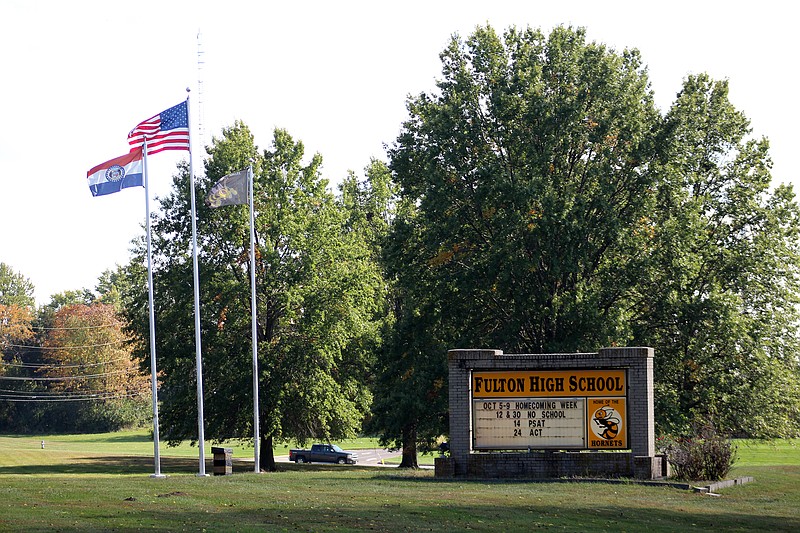Since it started this fall, Fulton High School's Jobs for America's Graduates program has been helping 48 students stay in school and prepare for the future.
The JAG program supports youth, helping them graduate from high school and become college or career ready, and is based on a national program.
"We see these students as students with great potential, but they have things that get in the way," FHS JAG coordinator Joel Henley said.
Henley visited the Fulton Rotary Club's Wednesday meeting to discuss the program.
In the classroom, JAG students complete hands-on projects, such as putting together resumes and cover letters and completing mock interviews. Henley brings in speakers to discuss potential career paths.
The point is to get students thinking - what do they want to do and what will it take to get there?
While some students might be on the path to college, others are interested in other jobs.
"You don't have to graduate college to be successful, but you do have to finish high school," Henley said.
Henley said the program helps students think about the world beyond high school.
"We want to give them skills so they can be successful, not just as a high school student but beyond," Henley said.
For a year after students graduate, the program will still provide follow-up services to help support participants, making sure they find and keep employment.
Another focus of the program is trauma-informed care.
"We don't ask a student that is acting out, what's wrong with you?" Henley said. "We ask them, 'What's happened to you, what is going on now?'"
Many of the students who participate are at-risk and have struggles at home.
"In JAG, some people will say, 'Are you looking forward to the weekend?' and most of our students will say, 'I'm just trying to get through tomorrow,'" Henley said.
School staff invite students to join JAG, thinking about whether the students need the program and whether they can benefit from it.
But ultimately, students must decide whether or not to accept the invitation.
"If the student doesn't want it, they're not a candidate," Henley said. "The selection process was really hard on us."
Henley said the program needs the support of the community - in addition to guest speakers, the program also takes students on workplace tours and job shadowings.
"We need you on our team," Henley said.

